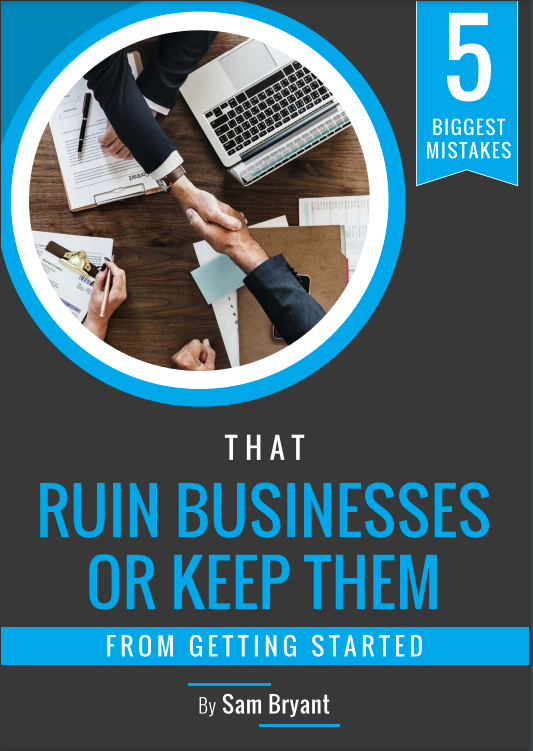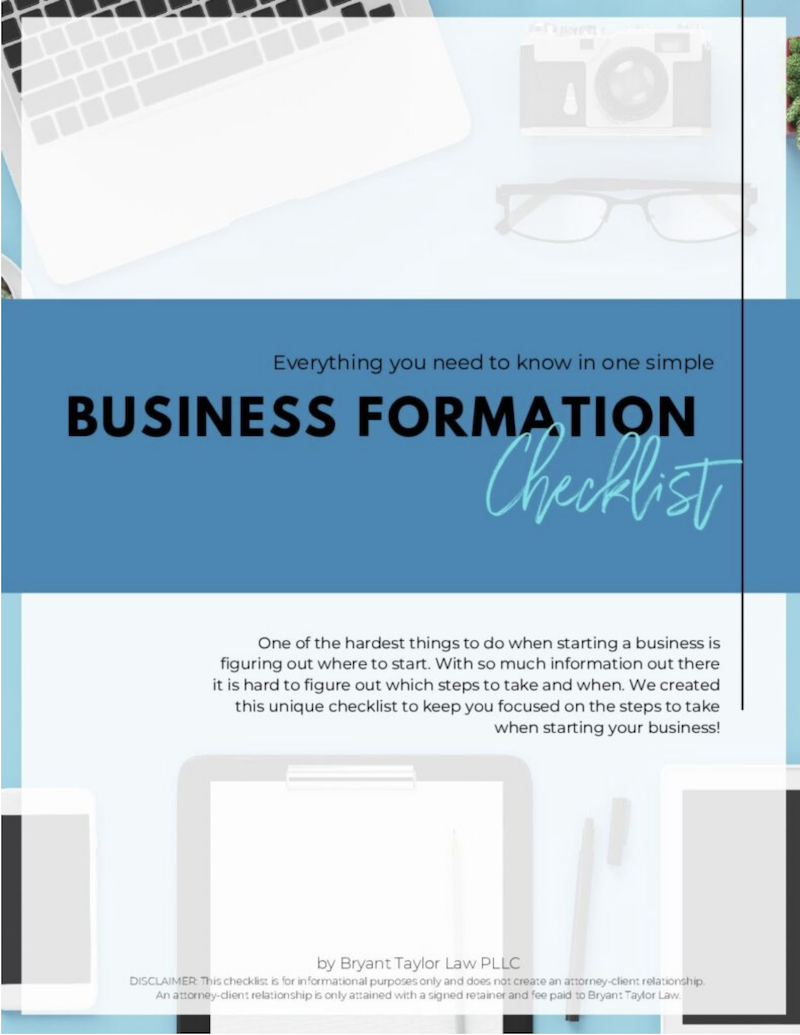If you’ve been following the news on COVID-19 and its myriad effects, you’re probably aware of the large-scale vaccine distributions and debates over relief packages in Congress. What’s not been as well-publicized or, simply, has been forgotten about, is the enormous backlog of correspondence the IRS is having to sort through. There was a good reason the federal agency postponed the filing deadline a full quarter (April 15, 2020–July 15, 2020) and faced calls to move the deadline again this year.
Plenty of non-critical IRS functions are still taking much longer than would normally be expected—even as vaccines are going into arms and people are going back to the office. One service that’s been causing frustration for applicants is the processing of employer identification numbers (EINs).
Around one month after the coronavirus was declared a pandemic in the U.S. (April 2020), it became apparent that the virus would not be eradicated within a matter of weeks or months. Those who provide services for startups began drawing attention to the delays in obtaining an EIN. Unfortunately, as this November 2020 article explains, the EIN processing delays were still being felt well into last year.
Some of the longer delays are for non-U.S. persons and those applying by fax. In our firm’s experience, pre-pandemic, most EIN applicants received the number within 24 hours of the request. Now, us and other firms are seeing wait times of several months. To further complicate matters, the online application service was out from Dec. 23, 2020 to Jan. 4 of this year.
Who Needs an EIN?
Most business entities (except for sole proprietorships) are required to have an EIN. Many LLCs need an EIN, as do partnerships and corporations. An EIN functions much like an individual’s Social Security number; it is used whenever a company pays wages to employees and withholds taxes (Medicare, Social Security, etc.). The EIN is a nine-digit number in the format of XX-XXXXXXX.
Even if you are not required to have an EIN for your business—say you are a single-member LLC or sole proprietor—it might be good to have one anyway. Many banks require this number before opening business accounts. In other cases, you might want to simply protect your identity by not giving your SSN to everyone you work with.
We Can Work With You
Bryant Taylor Law understands the frustrations and anxiety business owners experience when some government agency isn’t giving them what they need to start their operations. Our legal team is more than happy to help founders and entrepreneurs control what they are able to control, which includes setting up a strong legal foundation and helping chart out a plan for long-term success. Get in touch with us today to set up a business strategy session.
ventus
Latest posts by ventus (see all)
- The Role of a Business Attorney in Estate Planning - October 13, 2022





